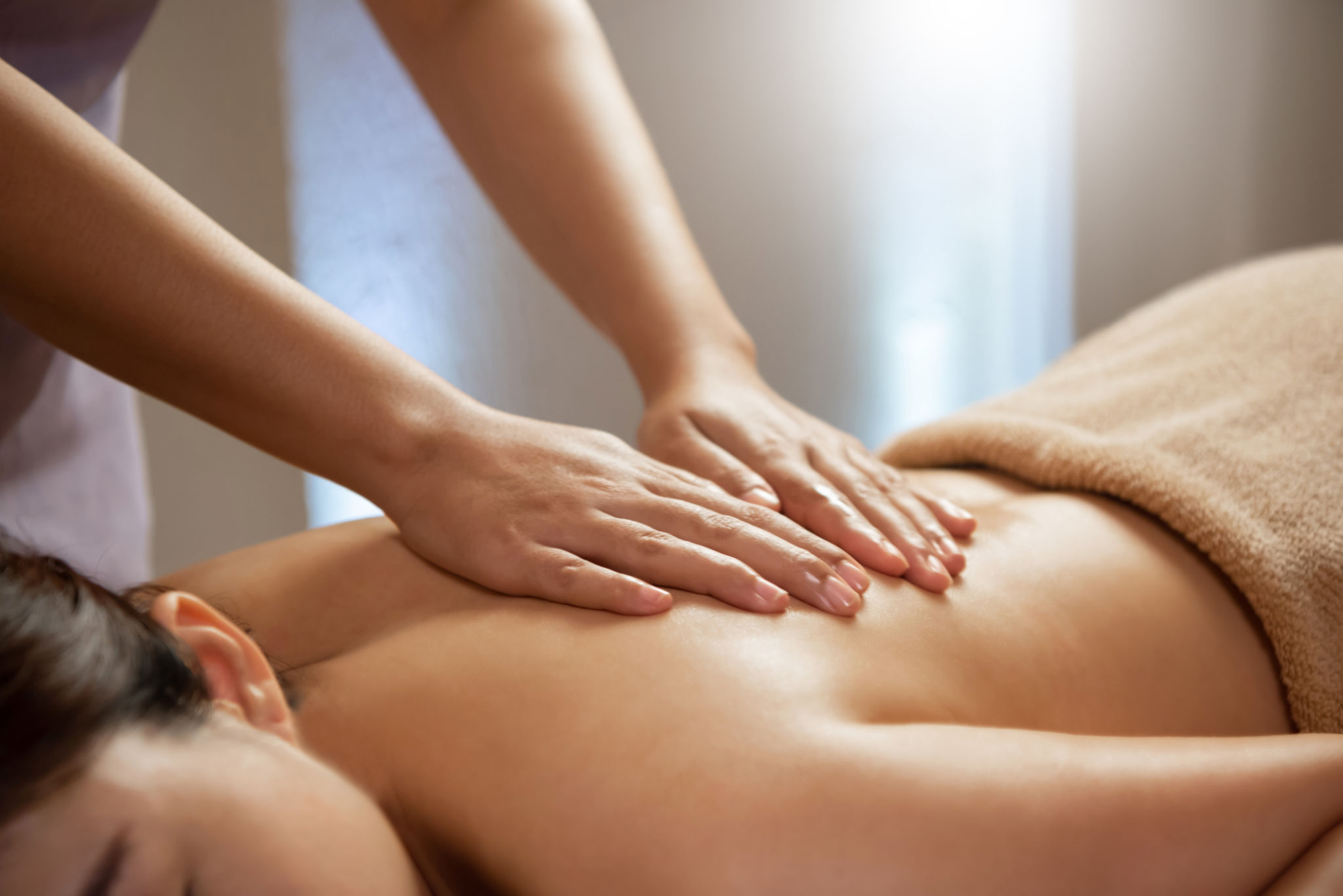The Role of Traditional Thai Massage in Modern Wellness Routines
Introduction to Traditional Thai Massage
Traditional Thai massage, also known as Nuad Boran, is a centuries-old healing practice that has its roots in ancient Thai culture. This therapeutic technique combines acupressure, Indian Ayurvedic principles, and assisted yoga postures. Unlike Western massage therapies, Thai massage involves more dynamic movements and stretches, making it a unique addition to modern wellness routines.
In today's fast-paced world, many individuals are turning to holistic practices to maintain their well-being. Traditional Thai massage offers a blend of physical and mental benefits that can enhance contemporary wellness routines. By understanding its origins and techniques, one can fully appreciate its role in modern health practices.

Benefits of Traditional Thai Massage
Physical Benefits
Traditional Thai massage is renowned for its ability to improve physical health. The practice involves deep, rhythmic pressure applied along the body's energy lines, known as Sen lines. This technique helps to:
- Enhance flexibility and range of motion
- Relieve muscle tension and stiffness
- Improve blood circulation
- Boost the immune system
Regular sessions can help alleviate chronic pain conditions, such as back pain and arthritis, making it a valuable component of a modern wellness routine.
Mental and Emotional Benefits
Beyond physical health, traditional Thai massage also offers significant mental and emotional benefits. The meditative nature of the practice helps to:
- Reduce stress and anxiety
- Promote mental clarity and focus
- Enhance overall mood and emotional well-being
By incorporating traditional Thai massage into your wellness routine, you can achieve a harmonious balance between body and mind.

Integrating Thai Massage into Modern Wellness Routines
Complementary Practices
Traditional Thai massage can be seamlessly integrated with other wellness practices to create a holistic approach to health. For instance, combining it with yoga or meditation can amplify the benefits of each practice. Additionally, it can serve as a complementary therapy alongside conventional medical treatments, providing a well-rounded approach to health and well-being.
Finding a Qualified Practitioner
To experience the full benefits of traditional Thai massage, it is essential to find a qualified practitioner. Look for therapists who have undergone extensive training and certification in Thai massage techniques. A skilled practitioner will tailor the session to your specific needs, ensuring a safe and effective treatment.

Conclusion
Incorporating traditional Thai massage into modern wellness routines offers a multitude of benefits, from physical relief to mental clarity. This ancient practice provides a unique and holistic approach to health, making it an invaluable addition to contemporary wellness strategies. By understanding its techniques and finding a qualified practitioner, you can fully embrace the transformative power of traditional Thai massage.
